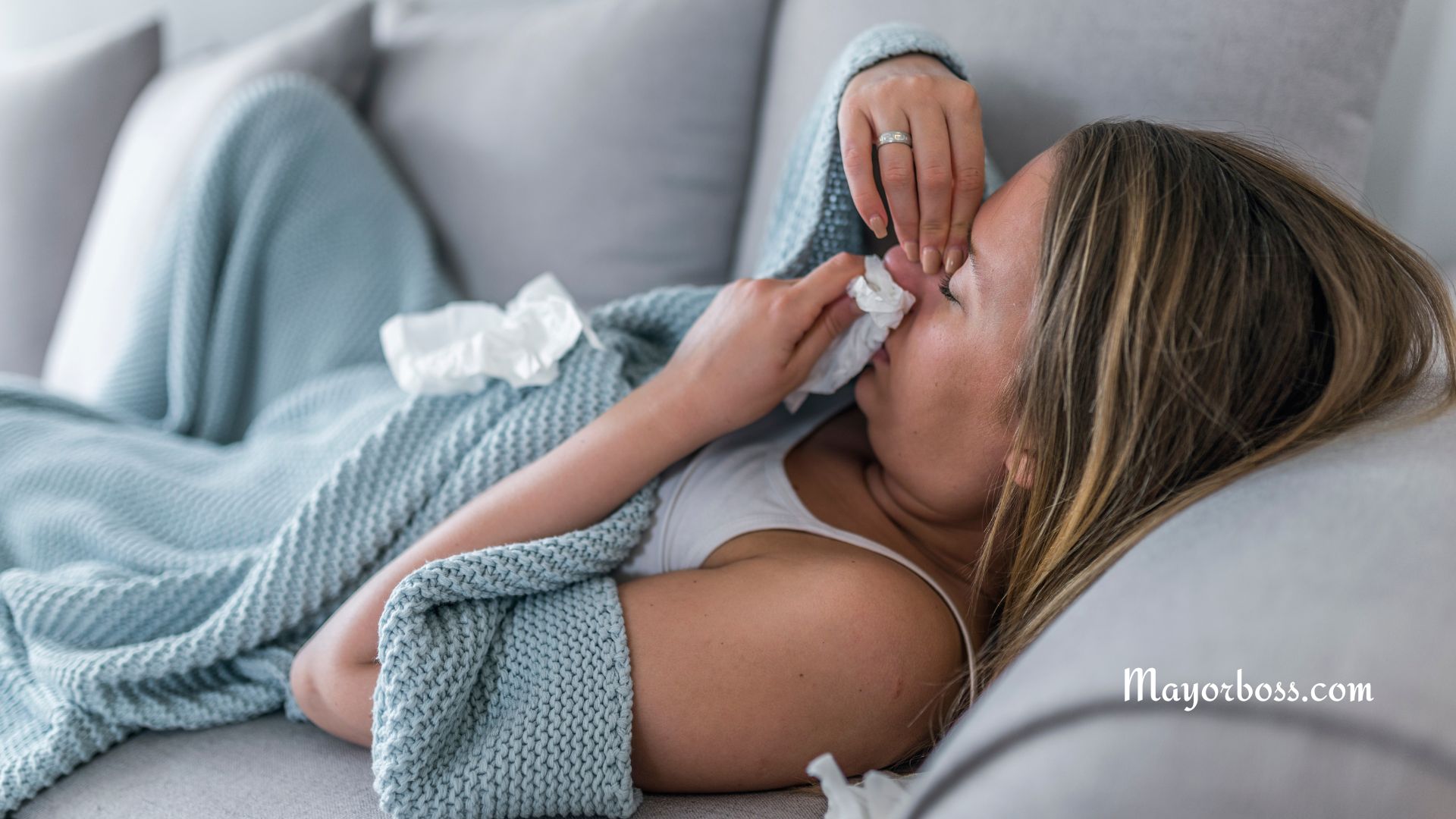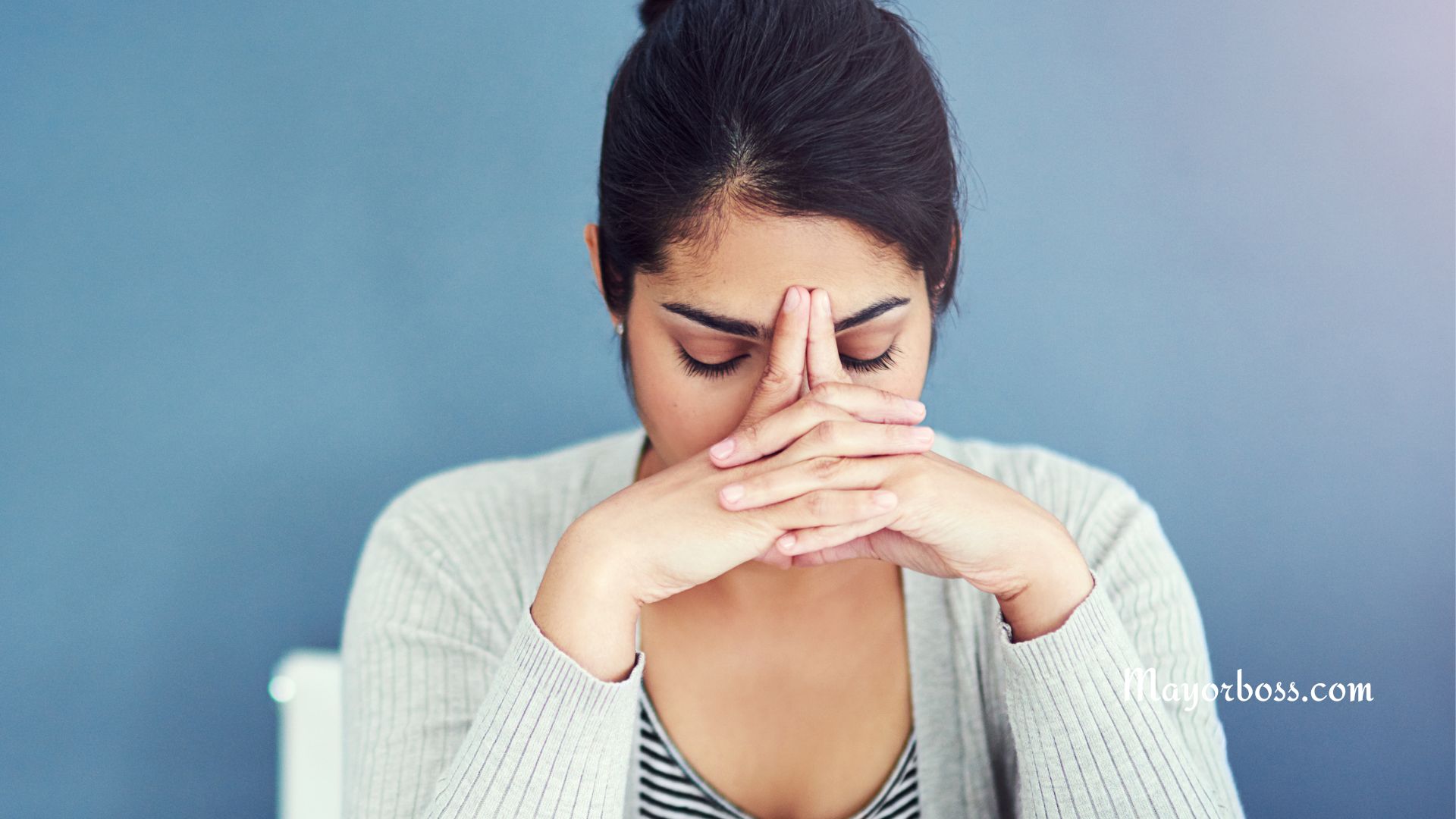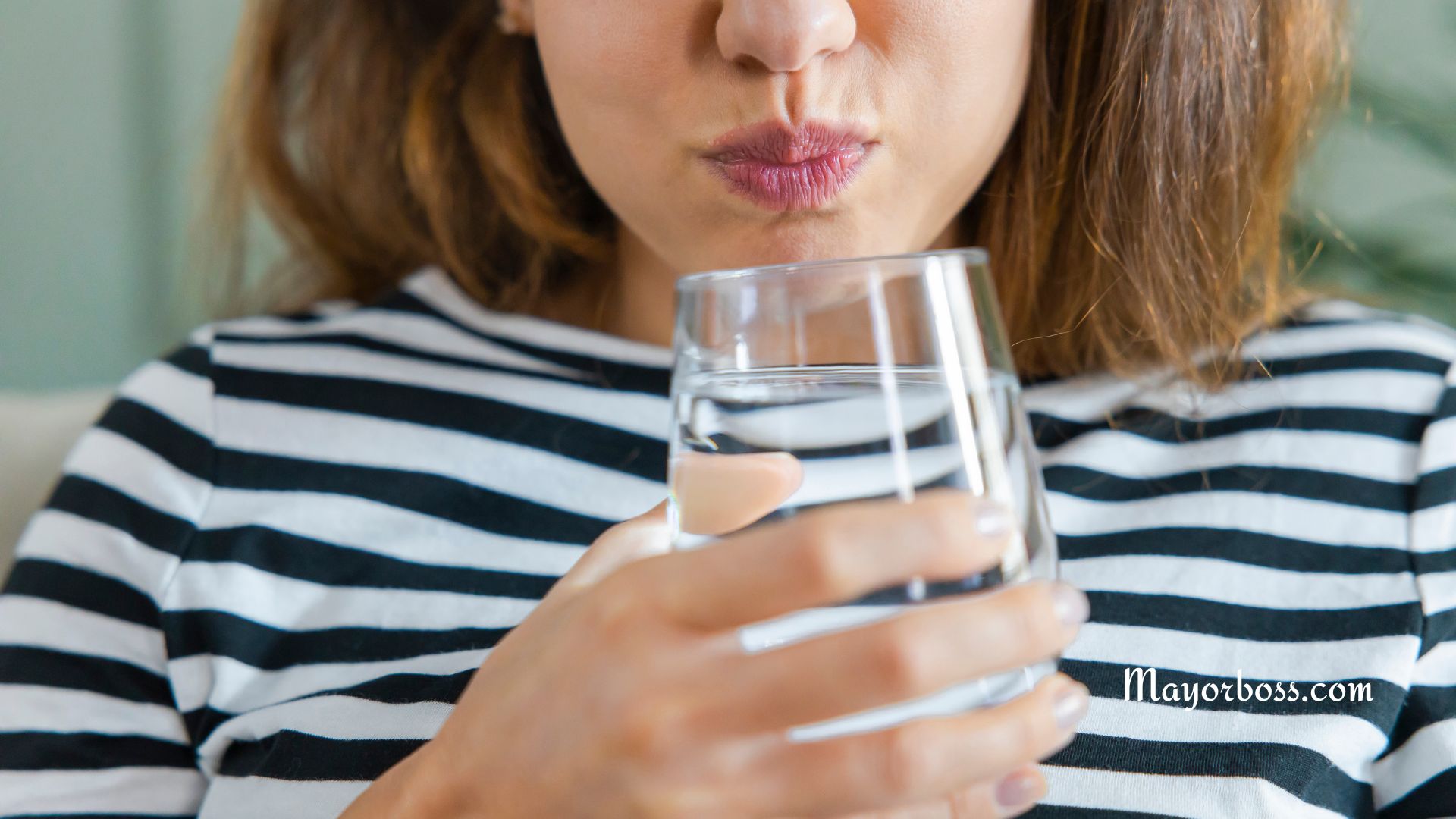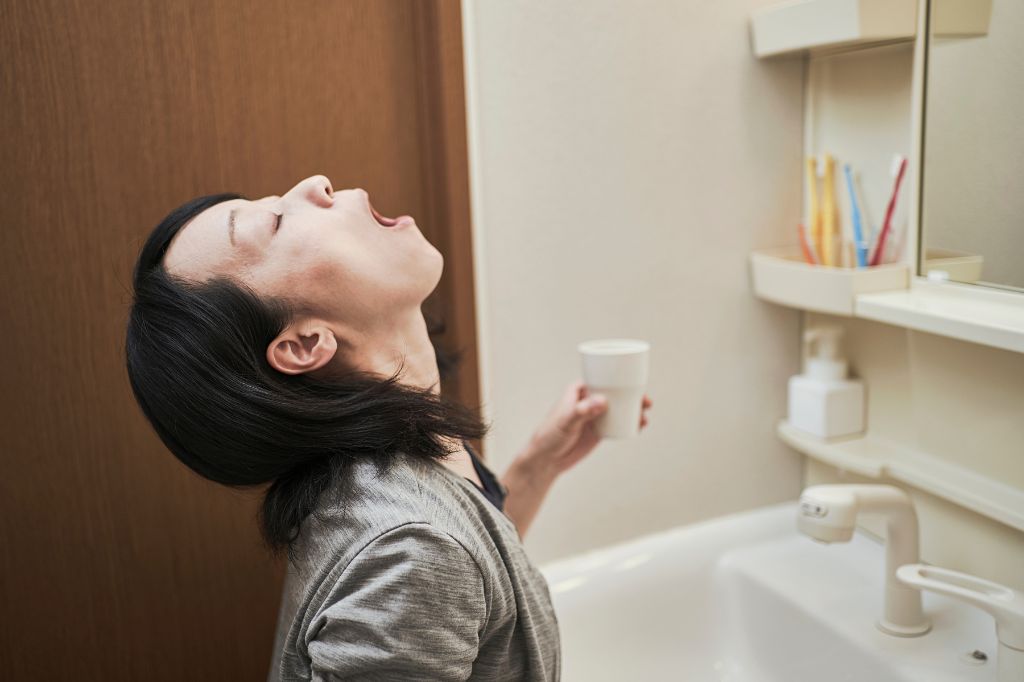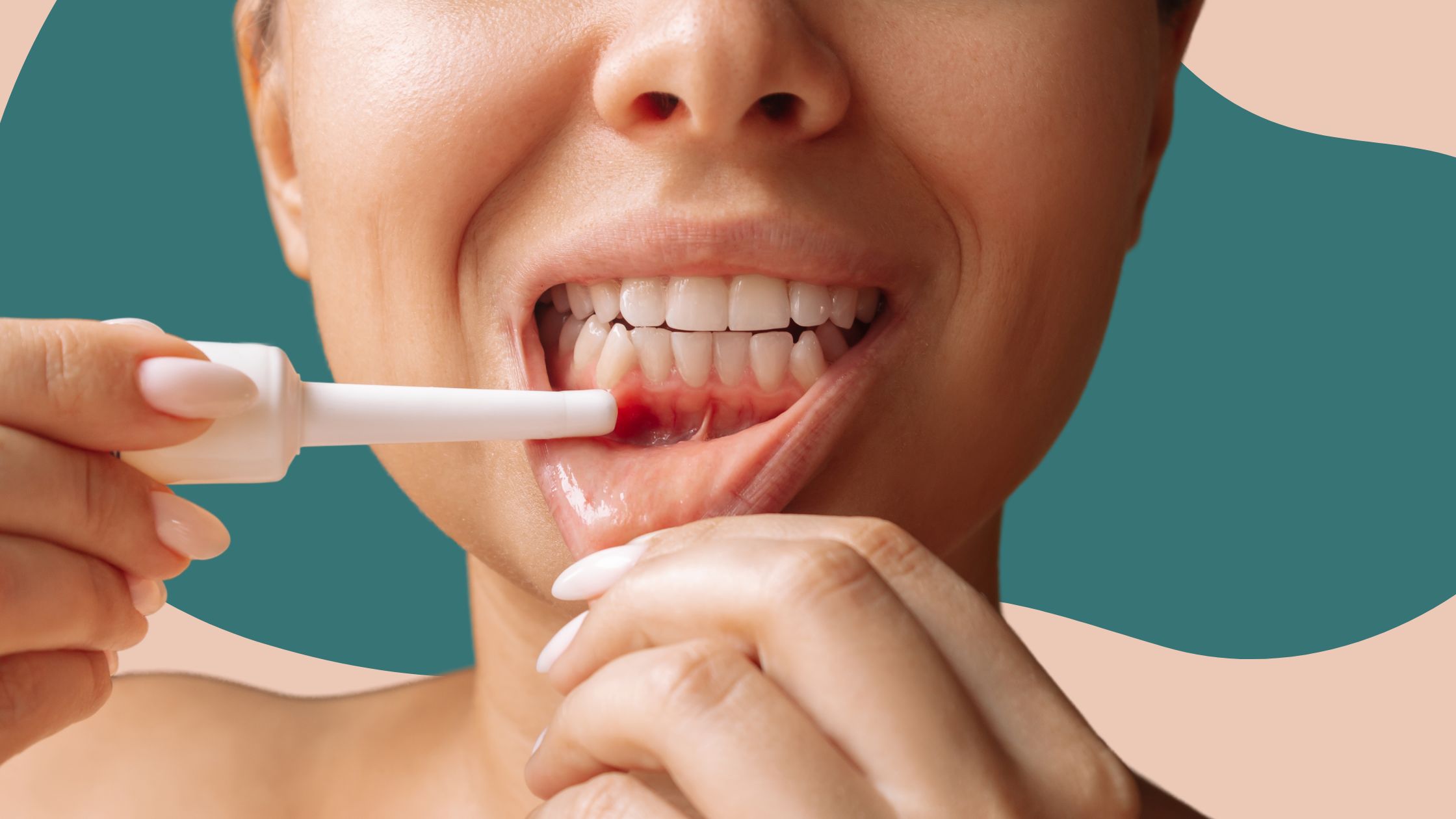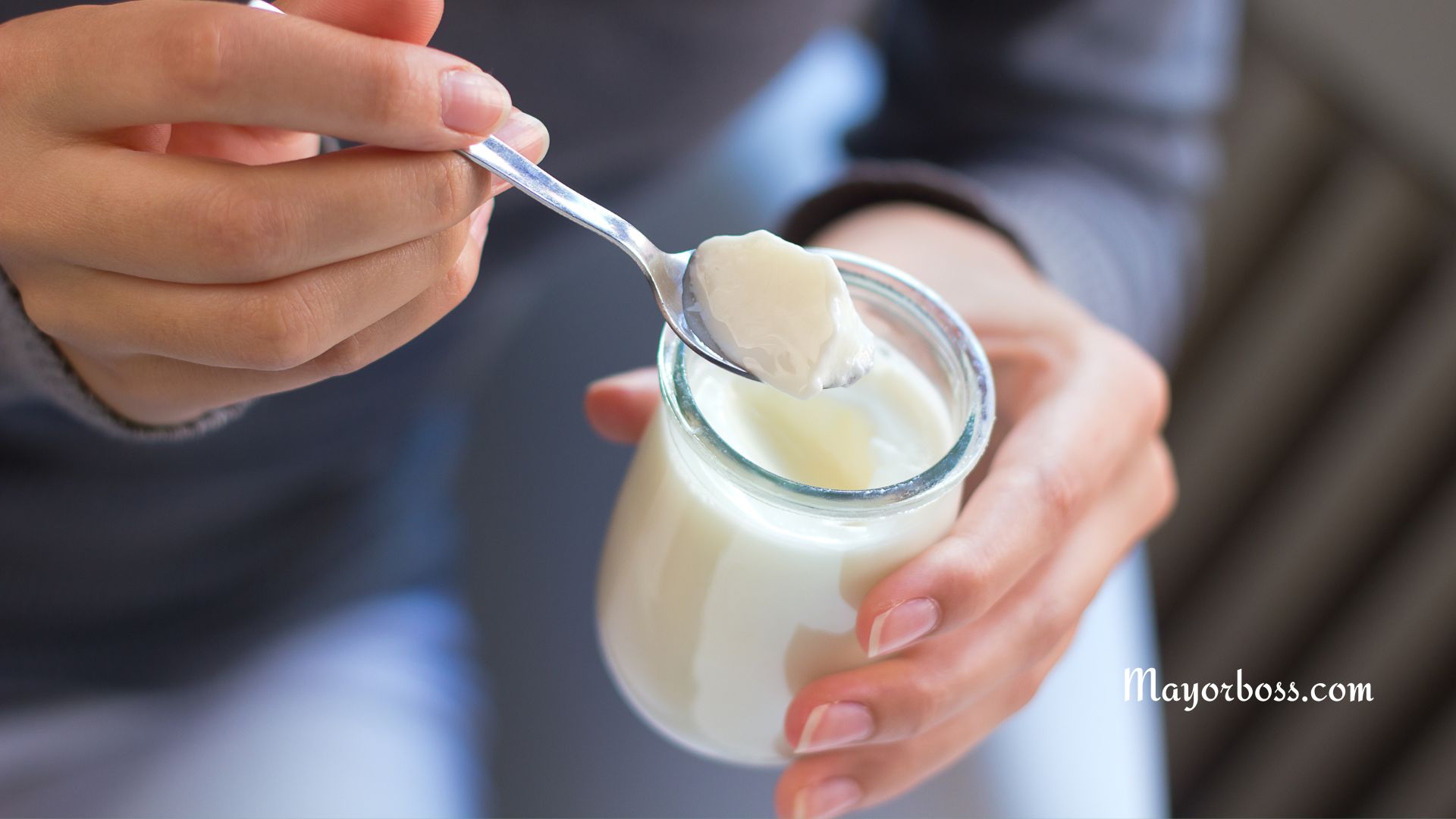How to Treat an Itchy Scalp
You know that itch. The one that’s been bothering you for weeks, no matter how often you scratch it. Sometimes, it feels like your whole head is one giant itch. And the worst part is, you have no idea why it’s happening. Sound familiar? If so, then you’re probably dealing with an itchy scalp. But don’t worry—I’ve got you covered.
In this article, I’ll explore some of the most common causes of an itchy scalp and offer some tips on how to get relief. So let’s get started!
Causes of an Itchy Scalp
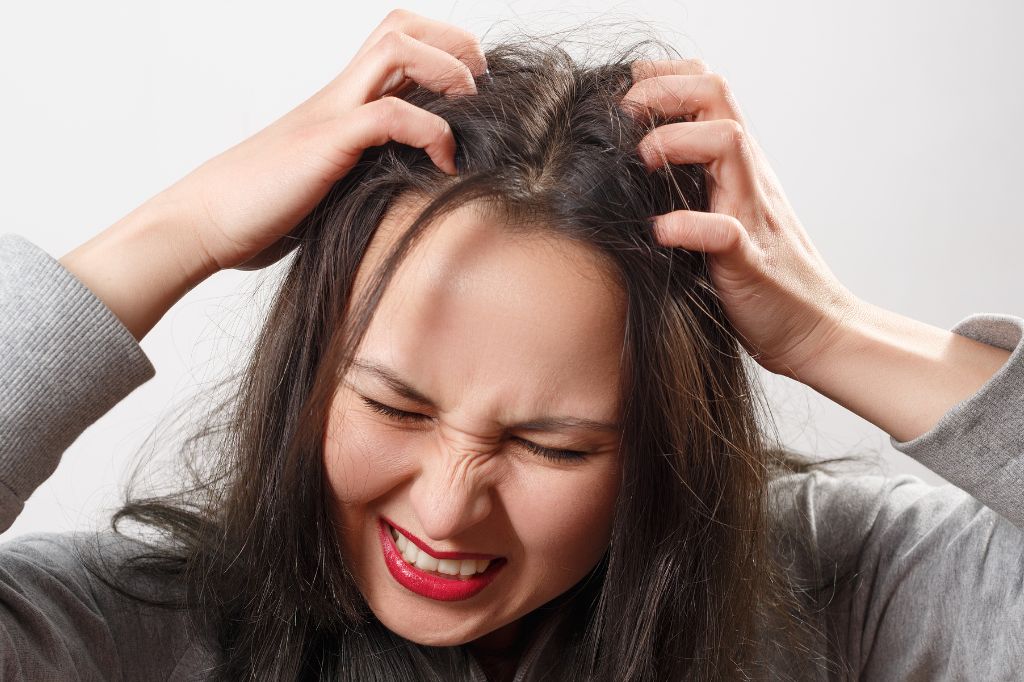
Here are some common dermatological complaints that cause scalp itching:
- Dandruff: Dandruff is a condition characterized by flaking and itching of the scalp. It’s caused by a fungus called Malassezia, which is found on the scalps of everyone. However, for some people, Malassezia can trigger an overproduction of skin cells, which leads to flakes falling from the scalp. Dandruff can also be caused by dry skin, stress, poor hygiene, or sensitivity to certain hair care products.
- Seborrheic dermatitis: Seborrheic dermatitis is a skin condition that can cause redness, flaking, and itching of the scalp. It’s thought to be caused by a combination of factors, including hormones, genetics, and yeast that live on the skin. Seborrheic dermatitis can also lead to dandruff.
- Psoriasis: Psoriasis is a chronic autoimmune condition that causes raised, scaly patches on the skin. These patches are often itchy and can occur anywhere on the body—including the scalp.
- Other causes: Several other different things can cause an itchy scalp, including dry skin, eczema, head lice, and reactions to certain hair care products or chemicals. In rare cases, an itchy scalp may be a sign of a more serious underlying health condition such as cancer or kidney disease.
How to treat itchy scalp
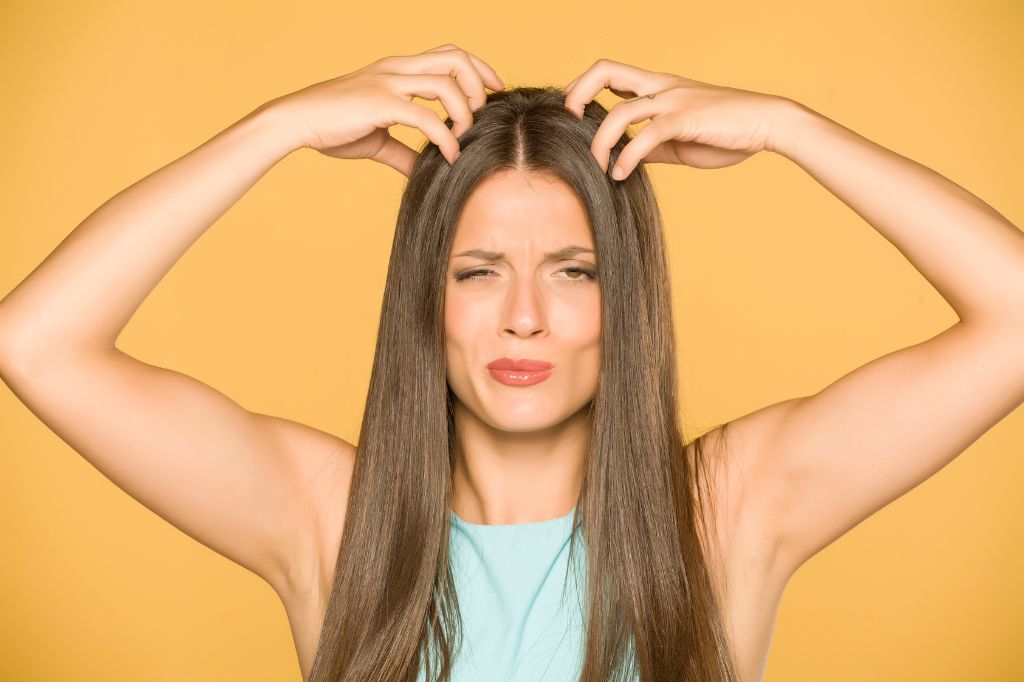
Here is how you treat an itchy scalp.
1. Coconut Oil
Coconut oil can help alleviate itchy scalps caused by eczema, dandruff, as well as head lice. This oil has antifungal, antibacterial, and anti-inflammatory properties that can soothe the itch. To use it, gently massage 1 to 2 tablespoons of coconut oil into your scalp. Leave in for 30 minutes to an hour, then shampoo as usual.
2. Apple Cider Vinegar
Apple cider vinegar has anti-inflammatory and antifungal properties that make it effective for treating an itchy scalp. There is scientific evidence that suggests using apple cider vinegar as a hair rinse can be beneficial.
To use it, mix 1 part apple cider vinegar with 1 part in warm water in a bottle or bowl. Apply the mixture to your scalp. Rinse after 5 minutes. Repeat 2-3 times per week until your symptoms improve.
3. Thyme oil
Thyme oil can help soothe your itchy scalp. It contains natural antibacterial and anti-fungal properties that can help get rid of any fungus or bacteria that might be causing the itch.
To use it, mix 2-3 drops of thyme oil with one tablespoon of carrier oil such as jojoba or almond oil. Apply the mixture to your scalp and massage it for 5 minutes. Rinse with warm water.
4. Peppermint Oil
Peppermint oil is one of the best oils for an itchy scalp. It has a cooling effect that can soothe the itch and also has anti-inflammatory properties.
Mix a few drops of peppermint oil with a carrier oil like jojoba or coconut oil and massage into the scalp.
5. Use an Antifungal Cream
If you have an itchy scalp due to a fungal infection (like Ringworm of the scalp), then you can try using an antifungal cream.
These can help clear up the infection and relieve your symptoms. Some examples of antifungal creams that are prescribed include:
- Miconazole (Zeasorb AF)
- Ketoconazole (Nizoral)
- Ciclopirox (Loprox)
- Selenium sulfide (Selsun Blue)
6. Try a Medicated Shampoo
Medicated shampoo is very effective in treating itchy scalps that are the result of conditions like dandruff, seborrheic dermatitis, or psoriasis. Some examples of medicated shampoos include:
- Selenium sulfide (Selsun Blue) shampoos
- Ketoconazole (Nizoral) shampoos
- Zinc pyrithione (Head & Shoulders) shampoos
- Coal tar shampoos (T/Gel, Neutrogena T/Sal)
7. Salicylic acid
Salicylic acid not only helps get rid of dry skin and dandruff but also soothes itchiness and irritation. Salicylic may also help those with dermatitis, eczema, and psoriasis.
You can find products with salicylic acid at your local drugstore or online.
How to prevent itchy scalp
The good news is that there are a few things you can do to prevent an itchy scalp. Here are some tips:
1. Wash your hair regularly
One of the best ways to prevent an itchy scalp is to wash your hair regularly. This will remove any dirt, oil, or sweat that could be causing your itchiness.
Try to wash your hair every day or every other day. If you have dry skin, you may only need to wash your hair once a week. Be sure to use a mild shampoo so you don’t further irritate your skin.
2. Use a mild shampoo
When choosing a shampoo, look for one that is labeled “mild,” “for sensitive skin,” or “for dry skin.” These shampoos will be less likely to irritate your skin than other types of shampoos.
You may also want to try using a hypoallergenic shampoo if you have particularly sensitive skin.
3. Condition your hair
In addition to using a mild shampoo, be sure to condition your hair regularly. This will help keep your scalp hydrated and prevent itching caused by dryness.
If you have oily hair, you may only need to condition your hair once a week or every other week. Those with dry hair may need to condition it every other day.
4. Avoid scratching your scalp
Scratching your scalp will only make the itchiness worse and could lead to irritation or even infection.
5. Avoid hot showers
Hot water can strip away the natural oils on your skin, which can lead to dryness and itchiness. So turn down the temperature next time you hop in the shower, and your scalp will stay happy and itch-free.
Final thoughts
An itchy scalp can be annoying, but there are things you can do to find relief. Try one of the home remedies listed above, and you should start to feel better soon.
If your symptoms persist or get worse, be sure to see a dermatologist, as you may have an underlying condition that needs treatment.
LEARN MORE: How to Get Rid of Itchy Skin

